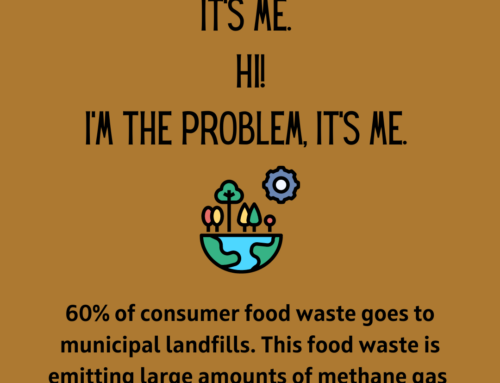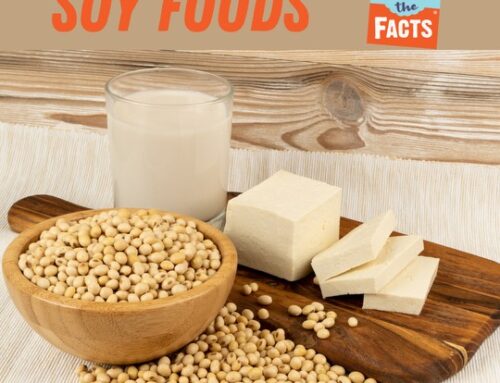I will be blogging about food facts and sharing information about modern agricultural practices over the next several months. These posts will be notes as sponsored by the U.S. Farmers and Ranchers Alliance, but are expressions of my own.
Clean eating. I get it. Eating more whole foods (vegetables, fruits, fresh meats, nuts, oats) is a good idea. While the initial idea of this term was to encourage people to reduce the intake of packaged food and thereby improve their diet and eat well, it’s now a blurred trend that denotes removing all sorts of things from the diet. I cringe when I see marketing ads for the “eat clean” philosophy that direct you to avoid “processed” food, GMOs and foods with “too many ingredients.”
Many food trends seem to be driven by restaurants, food companies or even celebrities—and their claims frequently aren’t fact-based. For example, let’s consider Chipolte’s misleading marketing statement, “Chipotle should be a place where people can eat food made with non-GMO ingredients”. The statement indirectly implies that GMO ingredients are “bad,” or even harmful, despite and abundance of research and consensus they are extremely safe.
In addition, McDonald’s recently announced that they’ll be switching to only fresh meat (not frozen) in their quarter pounders next year. Other restaurants are also joining in on the “fresh” trend that seems to be a focus for food companies. Is this necessary? In my opinion, not necessarily. Frozen meat is practical, and completely safe and healthy.
I understand that food companies are responding mostly to consumer demand. But I have to ask, are consumers demanding these things because they are misinformed? Company marketing statements provide the illusion of enhanced nutrition, more sustainable and fostering a healthier environment. But when companies switch out or eliminate ingredients, it’s in my opinion, primarily to benefit their bottom line and increase sales.
Here’s a list of buzz words used on the front of package labeling that can confuse and mislead consumers:
- Gluten-free
- Hormone-free
- No High Fructose Corn Syrup
- Cage-free
- non-GMO
- Grass fed
- Fresh
- Natural
- Clean
In many instances, these claims have nothing to do with the quality or health of the food. At times, they can even be misleading. For instance:
- When foods like corn chips that never contained gluten are labeled “Gluten-free.”
- Chicken that’s labeled “hormone-free” despite the fact that farmers don’t use hormones in poultry (and, it’s illegal).
- Foods where there are actually no GMO alternatives, are labeled non-GMO.
- Cage-free eggs suggest that hens kept in cages aren’t healthy or cared for properly. I’ve never met a farmer that didn’t care about his or her animals.
I don’t like trendy diet and health-focused terms. Consumers deserve to have access to food facts without the demonization of our safe and abundant food supply. Then they can relax and just enjoy eating.

I’m not worried about “eating clean” because I know that there’s no real metabolic difference between consuming a slightly processed food over a fresh food. The key to a healthy diet is variety and balance, and there are many ways to create a healthy diet.





Thank you Rosanne – great post! The whole “eating clean” trend is in a word to me, annoying. I see it now in one of my favorite brands of dog food and I just shake my head and think…’really’? you too? Stop, just stop.
Agree with Neily’s comment. When asked my definition of clean eating, I say it’s food that have not been bacterially contaminated. Those foods have a far greater risk of negative health effects than those foods labeled non-GMO, no HFCS, or hormone-free which are actually identical to the ones they are replacing! Body cannot tell them apart. Thanks for writing this great blog.